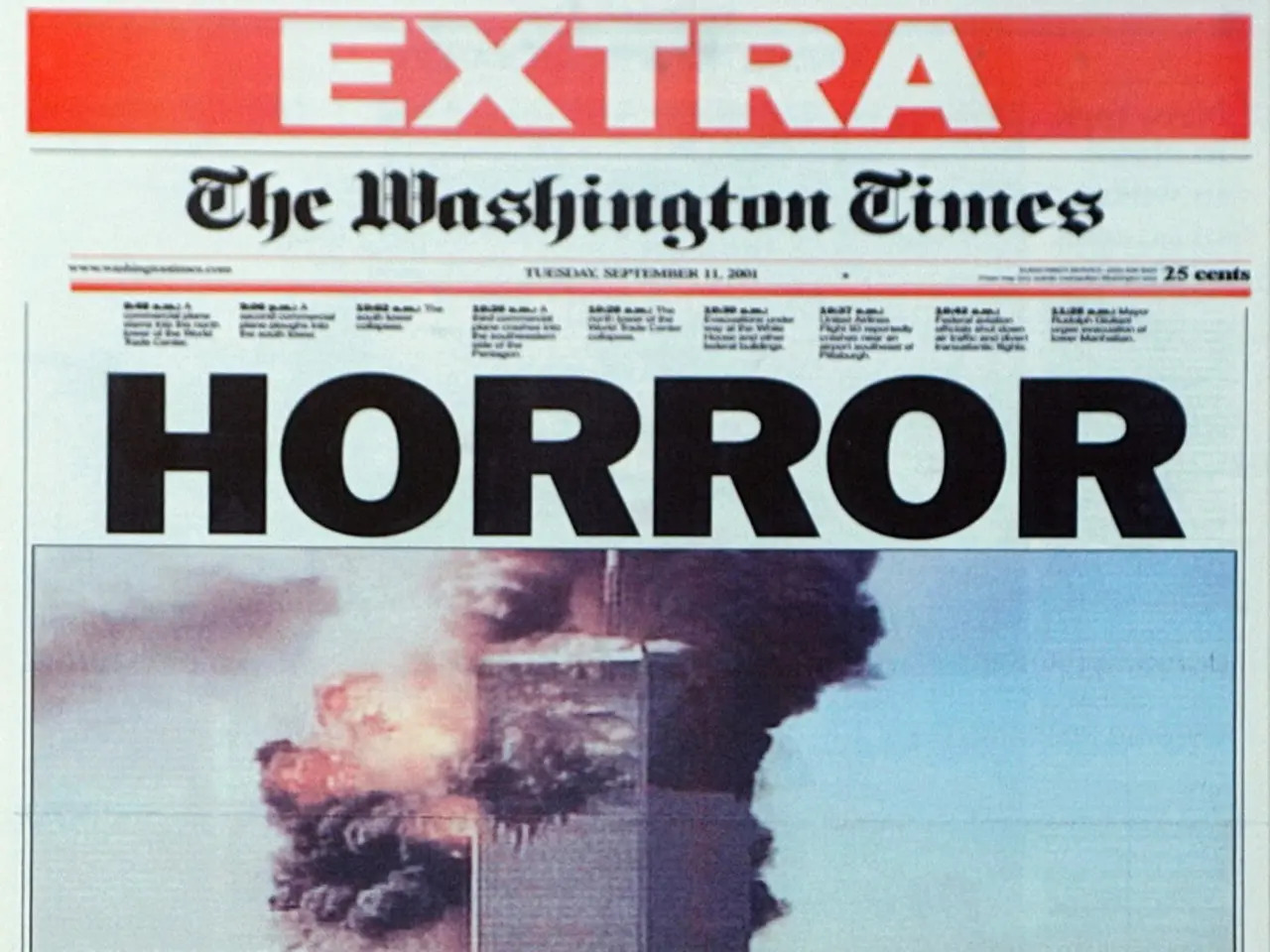Stocks in Europe anticipated to open at a higher mark, with attention shifting towards economic data and geopolitical matters
Headline: U.S.-China Tariff Truce Extended, Offering Short-term Stability and Hope for Resolution
The U.S. and China have agreed to a 90-day extension of their tariff truce, providing a temporary reprieve from planned tariff hikes and maintaining current duties on each other's goods. This extension, signed by President Trump on August 11, 2025, aims to offer short-term stability for businesses and global supply chains, particularly as U.S. retailers prepare for the year-end holiday sales season.
The agreement postpones tariff escalations that would severely impair China's export competitiveness to the U.S. and reduces retaliatory pressures, allowing continued trade and negotiation stability through November 10, 2025. The extension also reflects a mutual interest by Washington and Beijing in maintaining economic stability and allowing more time for negotiations, which are ongoing amid disputes on issues like rare earth exports and fentanyl.
The tariff truce extension is viewed as a positive factor for market confidence by avoiding abrupt tariff increases that could exacerbate economic uncertainty and dampen trade momentum across regions, including Europe. European markets, already affected by escalated U.S. tariffs on over 60 nations, benefit from reduced volatility with the U.S.-China truce in place.
In other news, European stocks ended mixed on Friday. The German DAX and the U.K.'s FTSE 100 both finished marginally lower, while France's CAC 40 rose 0.4 percent. Asian stocks were mostly higher, with Japanese markets closed for a holiday. Oil traded lower after its biggest weekly drop since end-June, while copper hit an over-one-week high on a weaker dollar. Gold slipped below $3,380 per ounce.
U.S. stocks rose on Friday, adding to the week's strong performance. The S&P 500 gained 0.8 percent and the Dow added half a percent. Focus has shifted to upcoming Chinese retail sales and industrial output data, as well as U.S. reports on consumer and producer prices, retail sales, industrial production, and consumer sentiment.
In geopolitical developments, President Trump is scheduled to meet with Russian President Vladimir V. Putin on Friday. The U.S. tariff deadline on China is due to expire on Tuesday.
[1] Tariff Truce Extension [2] European Market Impact [3] Impact on China [4] Impact on European Stocks [5] Tariff Escalation Levels
[1] The tariff truce extension between the U.S. and China offers hope for a reduction in economic uncertainty, potentially influencing global markets and trade momentum, including Europe.[5] With the tariff truce extension, the escalation levels of duties on goods traded between the U.S. and China have been maintained, although the agreement aims to promote negotiation stability through November 10, 2025.








